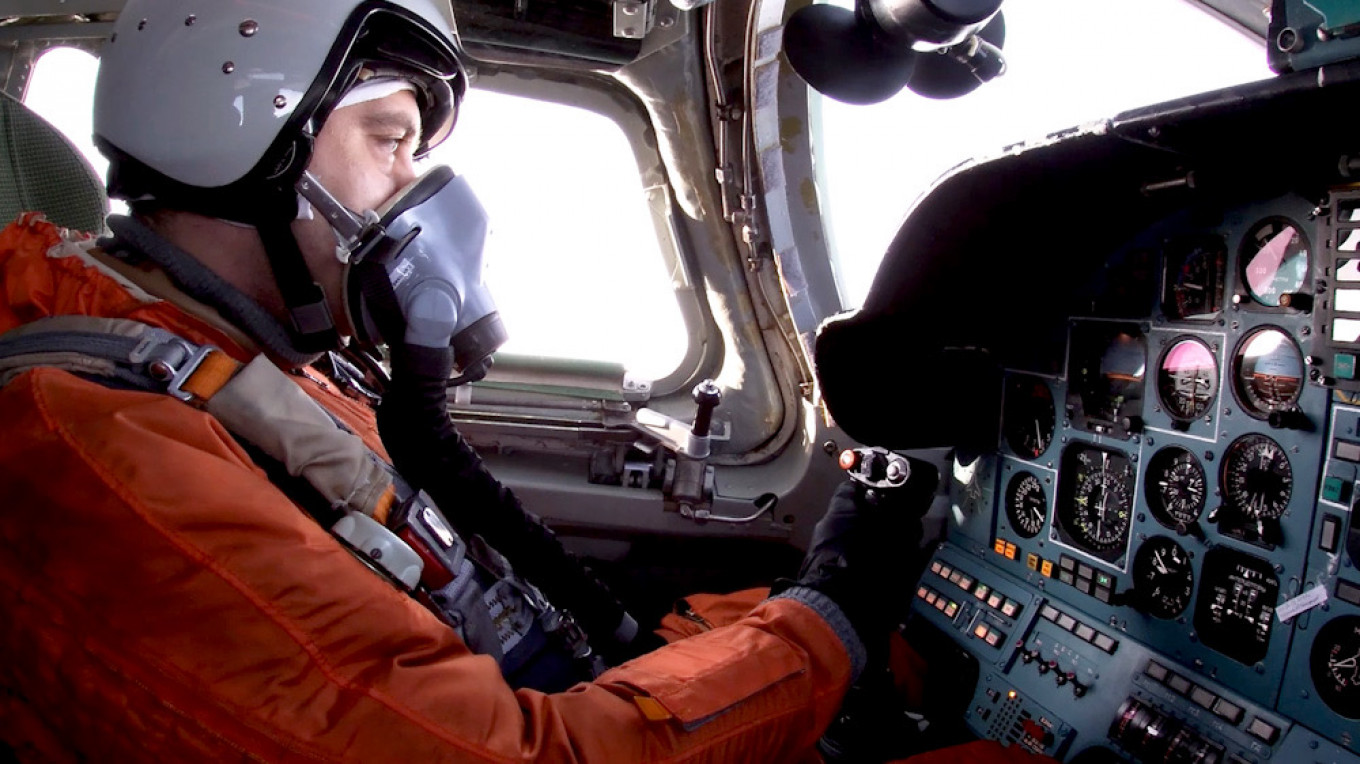
Russia was holding fresh military exercises on Tuesday in the Arctic, a territory of growing importance for Moscow as it vies for regional dominance with rivals including the United States.
Tensions between the West and Russia have led both sides to beef up their militaries in the remote High North, an area believed to be rich in natural resources and where melting ice has opened up new shipping routes.
The Russian military on March 20 launched massive Arctic maneuvers near Alexandra Land, part of the Franz Josef Land archipelago, that are expected to include more than 40 separate drills.
On Monday, the Defense Ministry announced the beginning of command exercises by the Northern Fleet that would continue over “several days.”
The exercises include tests of Pantsir-S1 anti-aircraft systems, in-flight refueling of a MiG-31 fighter jet and jamming the controls of drones simulating an attack.
Last Friday, the drills saw three nuclear-powered submarines break ice and surface simultaneously and also featured a nuclear submarine firing a torpedo from beneath the ice.
President Vladimir Putin praised the Arctic exercises on Friday, saying the Russian military had proven its ability to operate even “in harsh northern environments.”
Retired Russian admiral Viktor Kravchenko told the Interfax news agency that the exercises were to send a “signal to our foreign friends — the Americans.”
Kravchenko said last week that drills would remind the United States it has competition in the region and to show that Russia has “been here for a long time.”
Russia is one of five Arctic nations staking their claims in the region, and Moscow has beefed up its military presence there, reopening and modernizing several bases and airfields abandoned since the end of the Soviet era.
Moscow has built a military base on the remote Kotelny Island, part of the New Siberian Islands in the eastern Arctic, and there are other installations including on the Franz Joseph Land archipelago.
Russia has also deployed its state-of-the-art S-400 air defense systems there.
The United States in February sent strategic bombers to train in Norway as part of Western efforts to bolster its military presence in the region.
For the first time since the 1980s, the U.S. Navy deployed an aircraft carrier in the Norwegian Sea in 2018, and then several other vessels in Russia’s economic zone in the Barents Sea the following year.